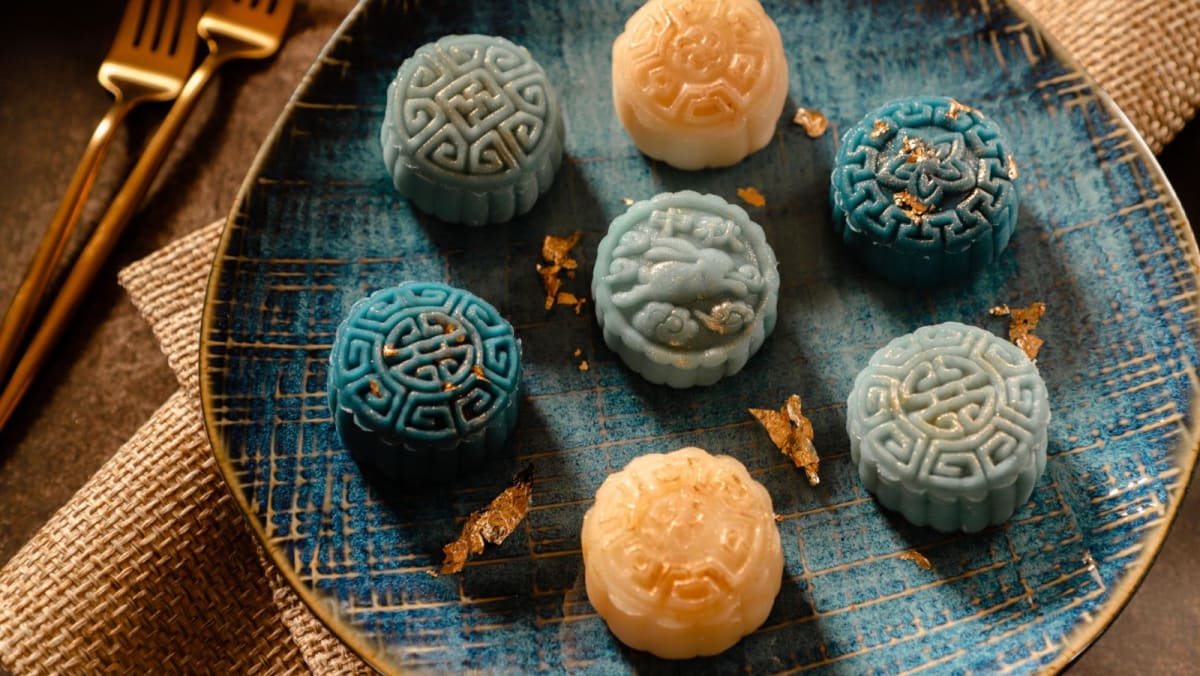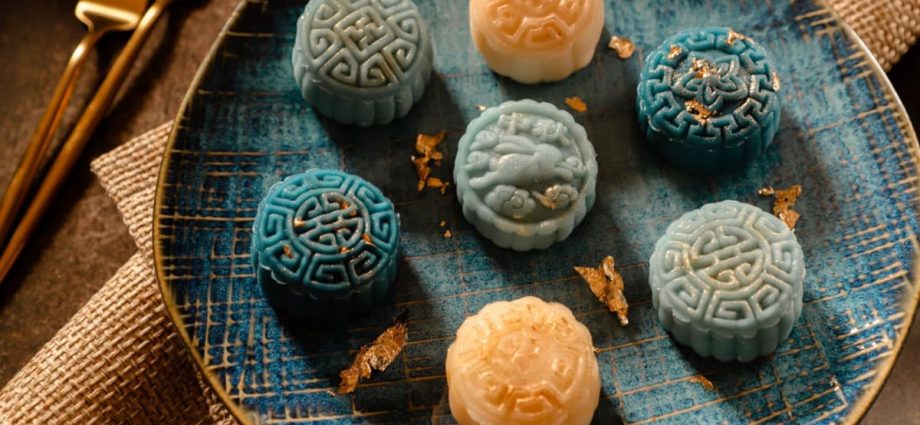
So many things in Singapore embrace newness over durability. Of course, sometimes things and places reach their natural end and need renewal and replacement, but I think that we do sometimes take things to their extremes. From replacing perfectly functioning cars, to quick-fix fast fashion, to relentless renovation. Is this a case of just buying and not thinking?
And does this drive for one-upmanship also mean we lose people, places and things that are not as “fancy” but nonetheless valuable to the fabric of society? In a few years, I dread to think there will be no more bakeries making simple, cost-effective mooncakes and other pastries, because we no longer want to eat them.
QUIET LUXURY WON’T SOLVE THINGS
Some news outlets are reporting that conspicuous consumption is now becoming less prevalent. Luxury brands known for their ostentatious labelling are reporting difficult sales in key markets around the world. The buzzword amongst Gen Z now appears to be “quiet luxury”, made popular by TV shows like Succession.
Quiet luxury eschews the showiness of brands with an apparent focus on simple designs and understated colours. One might think that embracing a trend like quiet luxury suggests that we have matured as a society and are striving towards “stealth-wealth”.
I do not think this is the case, because while the showiness becomes more muted, the hierarchies of visibility I mentioned previously simply become hierarchies of invisibility – that is, hierarchies still exist and one-upmanship continues unabated, albeit in the shadows. The desire to acquire new things for the sake of newness persists.
Instead, perhaps what we need is to question the desire to make everything newer and whether we are seeking luxury for the sake of luxury. Are we, as the saying goes, spending money that we don’t have to buy things we don’t want to impress the people we don’t like?
This is the greatest challenge in a world saturated by advertising, media and messages that revolve around the acquisition and performative consumption of goods and brands, which in itself becomes a strain on the earth’s already limited resources.
The mooncake race is simply symptomatic and symbolic of this wider issue, one that has important consequences for the individual, society and the environment.
Terence Heng is Senior Lecturer in Sociology at the University of Liverpool. His new co-edited book, Death and the Afterlife: Multidisciplinary Perspectives in a Global City (Routledge 2024) documents, maps and theorises Chinese death practices in Singapore.

